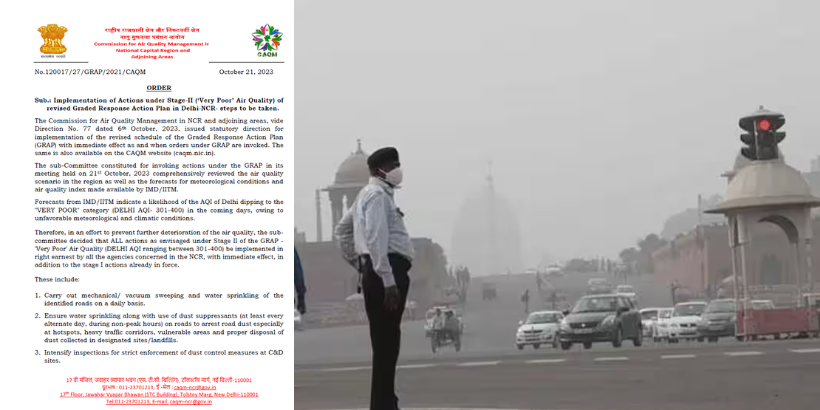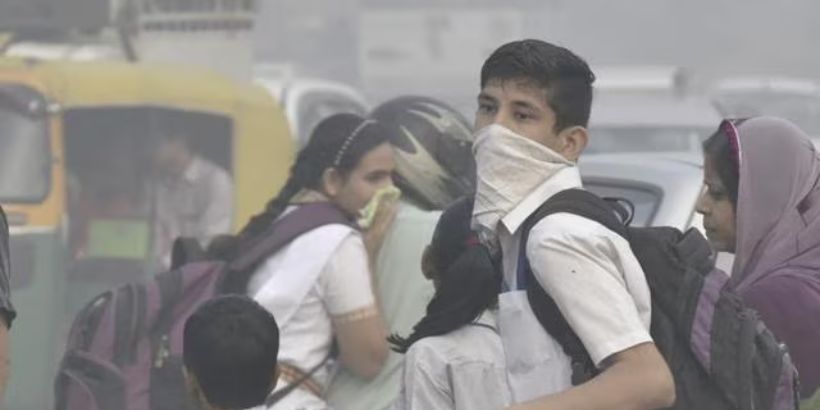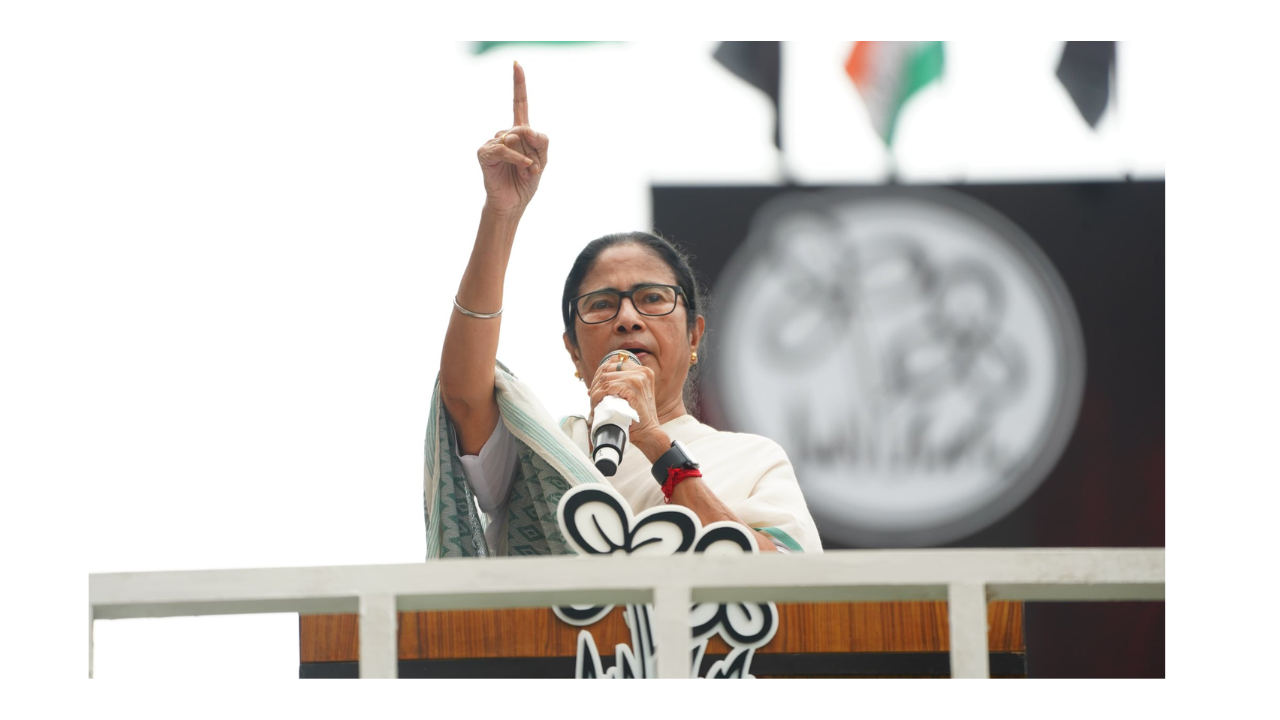As the air quality deteriorates in Delhi and adjoining areas, the government has started taking strict measures. The first phase of the Graded Response Action Plan (GRAP) is being implemented from Tuesday. This step has been taken to help people breathe clean air. New Delhi: The pollution levels in Delhi-NCR have shot up once again. To deal with this problem, the government has decided to implement GRAP. GRAP, i.e., a graded response action plan, is an important step to combat air pollution.
The first phase of Grap has come into effect from 8 a.m. on Tuesday. This means that some activities are now banned. The decision was taken at a meeting of the Central Air Quality Management Commission (CAQM). In this meeting, the air quality in the coming days was predicted, and the decision was taken accordingly. Applying Grap is an important step. It is implemented when the city’s Air Quality Index (AQI) goes above 200. AQI is a measure of air quality. When it goes above 200, it means that the air has become very polluted and can have a bad effect on people’s health. What are the restrictions in the first phase of Grap? Various restrictions have been imposed in the first phase of Grap.
A few of the most important rules are:

The use of coal and wood has been completely stopped in hotels and restaurants. Instead, use electricity or gas. This will reduce air pollution and reduce pollution. Strict vigilance will be maintained on old petrol and diesel vehicles. Special attention will be given to the vehicles that are BS-III petrol and BS-IV diesel. These vehicles cause more pollution, so their running can be stopped. Measures have to be taken to reduce dust in construction works. For example, sprinkling water at the construction site, covering debris, etc. Construction works of 500 square meters or larger will be allowed only if they are registered on the government website. Garbage collection should be done regularly. Garbage cannot be dumped in the open. Roads should be cleaned, and water should be sprinkled. Pollution Under Check (PUC) certificates for vehicles will be strictly checked. You can’t drive without a PUC. Diesel generators cannot be used for day-to-day electricity needs. This means that even if the power goes out, the diesel generator will not be able to run.
Read Also:- Communal Violence in Bahraich: Ghaziabad Police on High Alert
For Delhi-NCR air pollution control, common people have also been expected to take care of some things. For example: Take care of your car. Get the engine tuned properly and fill the tires with the right amount of air. This will reduce vehicular pollution. Turn off the engine at a red light. This will reduce pollution. As far as possible, use hybrid or electric vehicles. These vehicles are less polluting. Don’t throw garbage in the open. Throw the garbage in the right place. If you see any polluting activity, complain about it. For this, you can use the 311 app, Green Delhi app, or SAMEER app.
Plant more trees

Trees help to clean the air. Take care of the environment while celebrating festivals. Don’t burn crackers, as they cause a lot of pollution. Do not drive 10-15-year-old diesel or petrol vehicles. These vehicles cause a lot of pollution. The purpose of all these measures is to keep the air clean. It is everyone’s right to breathe clean air, and it is also our responsibility to keep our surroundings clean. Steps like Grap for Delhi-NCR Air Pollution Control have been taken in this direction so that we all can have a clean environment.
Latest News Supreme News Network
#DelhiAirQuality#BreathEasyDelhi#DelhiPollution#AirQualityIndex#GRAPPhase1#HealthyDelhi#PollutionFreeDelhi





